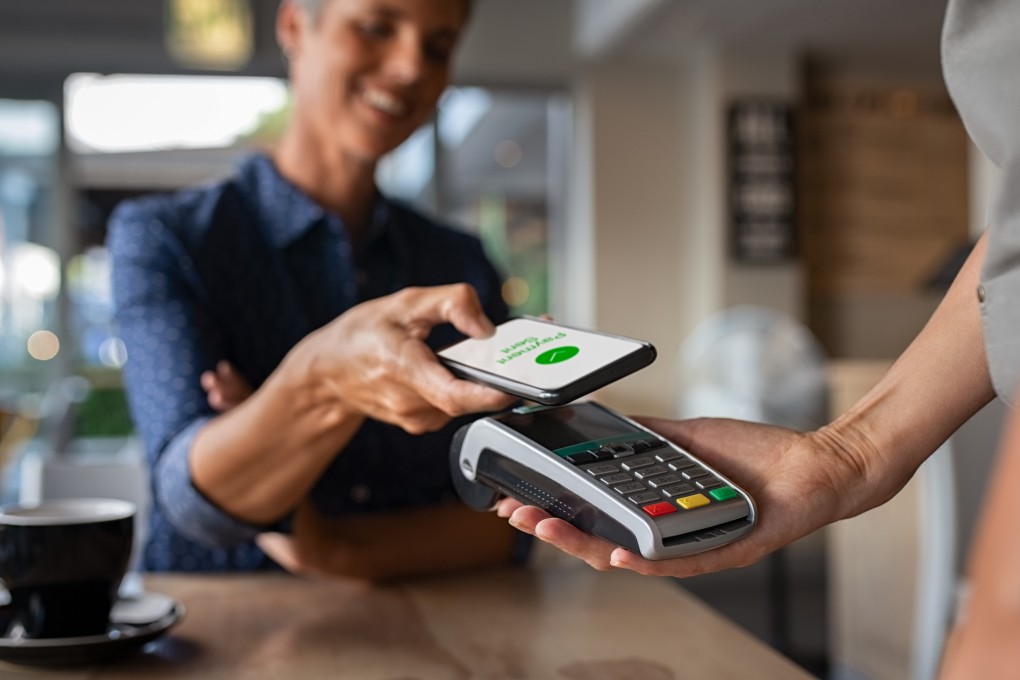Visa payment tokens make digital commerce safer, simpler and smarter
- Visa Token Service replaces sensitive payment information with unique digital identifiers, called tokens, to protect customers’ data
- It enhances security, offers frictionless user experiences, and increases revenue by boosting sales and authorisation rates for merchants

Digital payments have become a way of life for millions of consumers across Asia-Pacific, who see the benefits of being able to buy products, services and subscriptions online, often through their debit, credit or prepaid cards.
Digital payments are essential for merchants engaging in e-commerce. Typically, these e-commerce sites would store a customer’s account information for immediate and future billing purposes through a process called “card-on-file”, which involves card details, such as their 16-digit Primary Account Numbers (PANs) being saved within payment systems.
This relatively simple way of paying online has worked well up to now, but it can no longer keep up with today’s increasingly sophisticated digital era.
Credit- and debit-card fraud has become an increasing challenge as more bad actors have sought to profit from the region’s e-commerce boom. For example, card-on-file payments can be highly vulnerable during data breaches as fraudsters use stolen customer card information for nefarious purposes.
In response, the payment ecosystem has tightened rules around verifying if a customer is who they claim to be when they pay online. However, this has led to the unintended issue of false card declines, where legitimate transactions are rejected by a bank or payment processor after they are mistakenly flagged as a suspected attempted fraud.
In both scenarios, no one wins. Merchants stand to lose revenue when false card declines translate into lost sales. Customer trust also tends to diminish when fraud happens. Meanwhile, declined payments or delays in authorisation lead to understandable frustrations for consumers, who expect security to be a non-negotiable prerequisite for digital payments.
